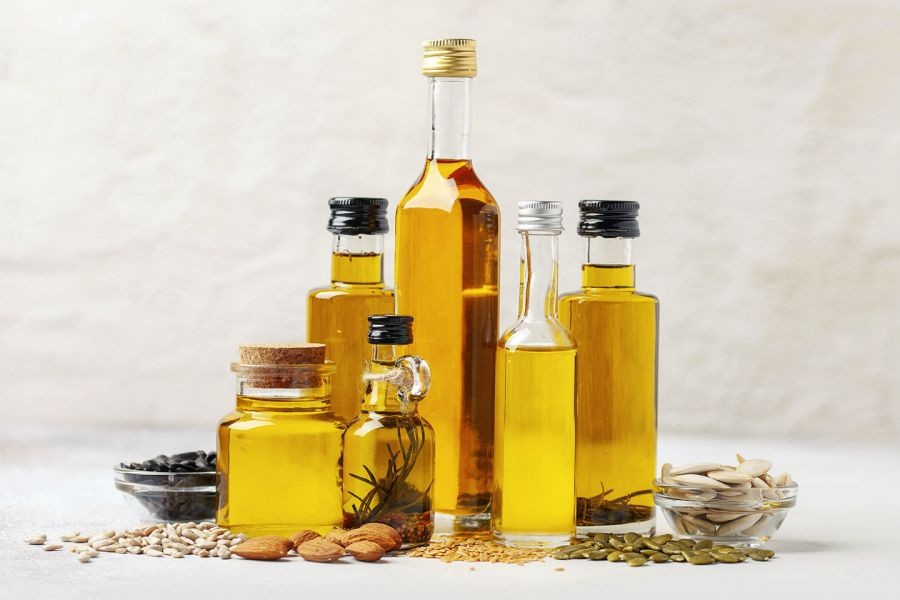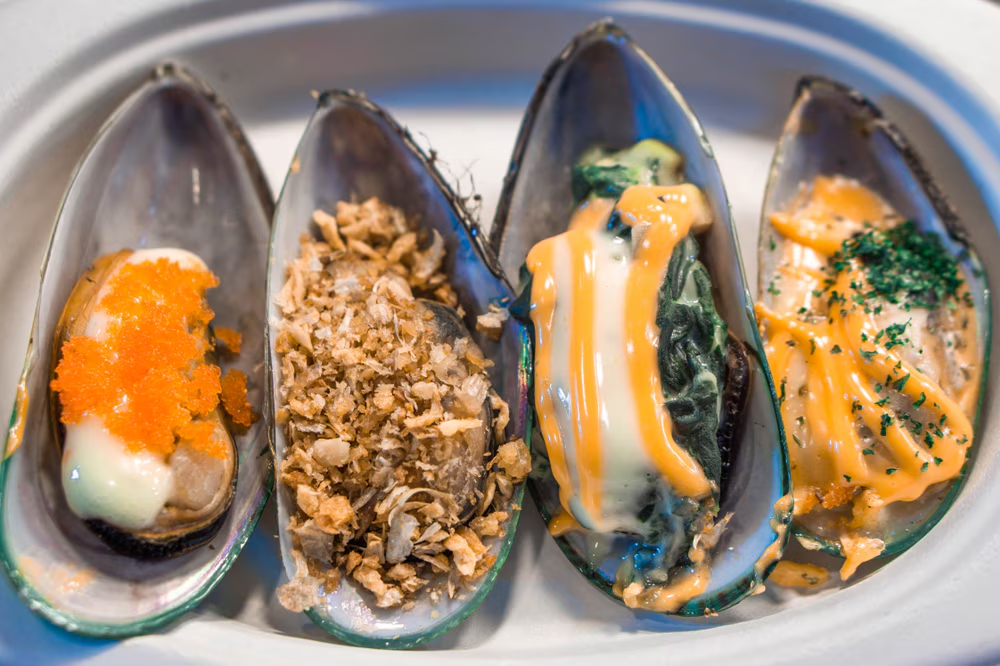In the realm of Australian kitchens, the debate about healthy cooking oils continues to simmer. Cooking oils are a staple, yet their health implications are often misunderstood. As consumers increasingly prioritize health, understanding the truth behind "healthy" cooking oils becomes crucial. This article delves into the science, health benefits, and industry trends surrounding cooking oils, offering insights pertinent to Australian households and industries alike.
Understanding Cooking Oils: The Basics
Cooking oils are derived from various plant sources, including olives, avocados, and seeds. Each type of oil has distinct characteristics affecting its nutritional profile and suitability for various cooking methods. Olive oil, for example, is renowned for its heart-healthy monounsaturated fats, while coconut oil is celebrated for its medium-chain triglycerides, which can boost metabolism.
Nutritional Profiles of Popular Oils
- Olive Oil: Rich in monounsaturated fats, known for reducing bad cholesterol levels and supporting heart health.
- Coconut Oil: Contains medium-chain triglycerides (MCTs), which are easily digestible and can enhance metabolism.
- Canola Oil: Low in saturated fat and a good source of omega-3 fatty acids, beneficial for heart health.
- Sunflower Oil: High in vitamin E and low in saturated fat, it supports skin health and reduces inflammation.
The Australian Perspective: Consumer Trends and Industry Insights
In Australia, health-conscious consumers are driving demand for cooking oils perceived as healthier. According to the Australian Bureau of Statistics (ABS), the consumption of olive oil has increased by 15% over the past five years, reflecting a growing awareness of its health benefits. This trend aligns with the broader movement towards Mediterranean diets, which emphasize healthy fats.
Industry Insights: The Growing Market for Healthy Oils
The Australian cooking oil market is witnessing a shift, with olive oil and coconut oil gaining popularity. The Australian Competition & Consumer Commission (ACCC) reports that transparent labeling and health claims are influencing consumer choices. As a result, manufacturers are innovating to meet this demand, introducing oils fortified with additional nutrients.
Health Benefits and Misconceptions
The health benefits of cooking oils are well-documented, yet misconceptions persist. It's essential to debunk myths to make informed choices.
Myth vs. Reality: Common Misunderstandings
- Myth: All fats are bad for health.
- Reality: Healthy fats, like those in olive and avocado oils, are essential for brain function and hormone production (Source: Heart Foundation Australia).
- Myth: Cooking with coconut oil is unhealthy due to its saturated fat content.
- Reality: While high in saturated fats, coconut oil contains beneficial MCTs that promote energy and weight loss (Source: CSIRO).
Case Study: Cobram Estate – Leading the Olive Oil Revolution
Problem: Cobram Estate, a leading Australian olive oil producer, faced challenges in differentiating their products in a saturated market.
Action: They focused on quality and sustainability, adopting innovative harvesting techniques and emphasizing their oil’s health benefits.
Result: Cobram Estate increased sales by 25% over two years, capturing significant market share in Australia and expanding into the US market.
Takeaway: Quality and transparency in product offerings can lead to increased consumer trust and market expansion.
Cooking Oils and the Environment: A Sustainability Challenge
The environmental impact of oil production is significant, with deforestation and biodiversity loss being major concerns. In Australia, efforts are underway to produce oils sustainably. The Australian Olive Association is promoting sustainable farming practices to minimize environmental impact and ensure long-term industry viability.
Future Trends: The Move Towards Sustainability
By 2030, it is predicted that 50% of cooking oils in Australia will be produced using sustainable methods (Source: CSIRO). This shift is driven by consumer demand for eco-friendly products and regulatory pressures to reduce carbon footprints.
Expert Insights: Choosing the Right Oil for Your Health
Experts recommend selecting oils based on their intended use and health benefits. For high-heat cooking, oils with high smoke points, such as avocado oil, are preferable. For dressings and low-heat cooking, extra virgin olive oil is ideal due to its rich flavor and antioxidant content.
Actionable Tips for Australian Consumers
- Choose oils with clear labeling about their source and production methods.
- Opt for oils with high nutritional value, like olive and avocado oils, for everyday cooking.
- Consider the environmental impact of oil production and choose sustainably produced options.
Conclusion: Embracing Healthy Oils in Australian Kitchens
As Australians become more health-conscious, understanding the benefits and implications of cooking oils is crucial. By choosing the right oils and supporting sustainable practices, consumers can enjoy both health benefits and contribute to environmental conservation. Explore diverse cooking oil options and incorporate them into your daily meals for a healthier lifestyle.
What’s your favorite cooking oil, and why? Share your insights in the comments below!
Related Search Queries
- Health benefits of olive oil
- Best oils for cooking health
- Coconut oil vs. olive oil
- Sustainable cooking oil production in Australia
- Healthy fats in the Australian diet





































boconceptindia12
22 days ago